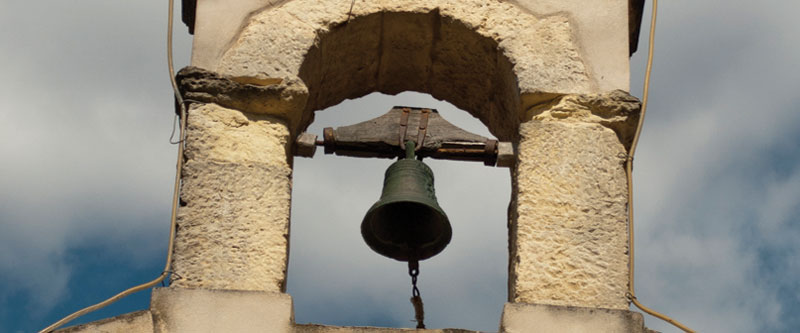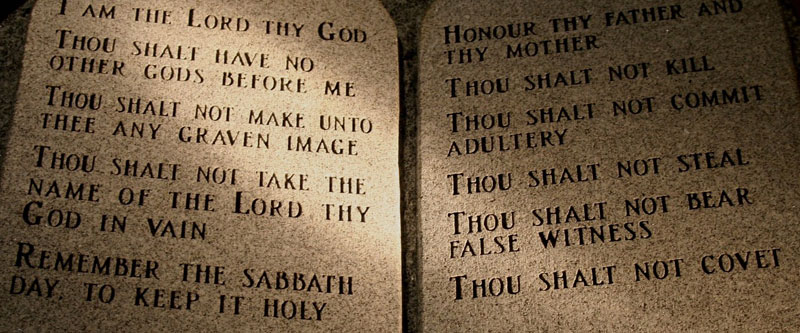My experience has been that there is a tendency within the church not to take the fourth commandment as seriously as the other nine. There are a variety of reasons for this, some with better intentions than others, but as we conclude our examination on the Sabbath we should make sure we take a proper biblical view of the significance of the Sabbath.
The Westminster Shorter Catechism, a 17th century summary of many of the doctrines taught in Scripture, summarizes our obligations on the Sabbath as follows in #60:
“The Sabbath is to be sanctified by a holy resting all that day, even from such worldly employments and recreations as are lawful on other days; and spending the whole time in the public and private exercises of worship, except so much as is to be taken up in the works of necessity and mercy.”
This definition is often too narrow even for the most conservative Christian. They will throw up their hands and say, “Who can live to such a standard!” and contend Westminster is returning to legalism, or the burden of the Old Testament administration of the law. However, we have seen before that the obligations of God’s law do not change in transition from the Covenant of Works to the Covenant of Grace. Only the one who will obey them to grant life to God’s people changes. Since the 4th commandment is part of the moral law, its standard does not change. In addition, it is absolutely true that you cannot live to such a standard. That is the entire point. Neither can you live to the standard of the other nine commandments. However, our failures in part do not justify our neglect of the whole. The Lord cares about the Sabbath as much as the other commandments which we can see in the penalties he assigns to its breech.
God gives the outline of what should and should not be done on the Sabbath in Ex. 20:8-11 and Deut. 5:12-15. However, the penalties for breaking the law are given a little later. When God gives the penalty associated with breaking the Sabbath, he assigns it the highest possible value. To break the 4th commandment is a capital crime for Israel. It is on the same plane as murder, kidnapping, adultery, blasphemy and other such heinous sins. This penalty is not merely theory for the Lord, but he commands a man who collected sticks on the Sabbath to be put to death for it (Cf. Num. 15:32-36). Later on the neglect of the Sabbath would be one of the sins of the nation of Israel that led to its death in exile (Cf. Ezek. 20:12-13).
God cares deeply about his Sabbath and so we should be wary of discarding it. For some Sabbath observance may be a new idea, for some it may be a neglected idea, for some it may be a traditional idea. As we look at Scripture it should become for us a delightful idea. The Sabbath preserves for God’s people the centrality of worship in the governing of our time. Is it any surprise that the world should want to eliminate its practice? In the Westminster Larger Catechism the pastors of the 17th century sought to impress the significance of the Sabbath by saying that, “Satan with his instruments much labor to blot out the glory, and even the memory of it (the Sabbath – GG), to bring in all irreligion and impiety.” (WLC #121).
Now, church, let me ask. Since we have turned our back on the Sabbath in the last 50 years, do we have more or less commitment to Christ’s church? Are there more or less time dedicated to the corporate worship of God? Do people have a higher or lower regard for God as a result? I think the answers are clear, and it makes me wonder whether Satan and his instruments are temporarily being given their way to show us the results of the neglect of the worship of God.


